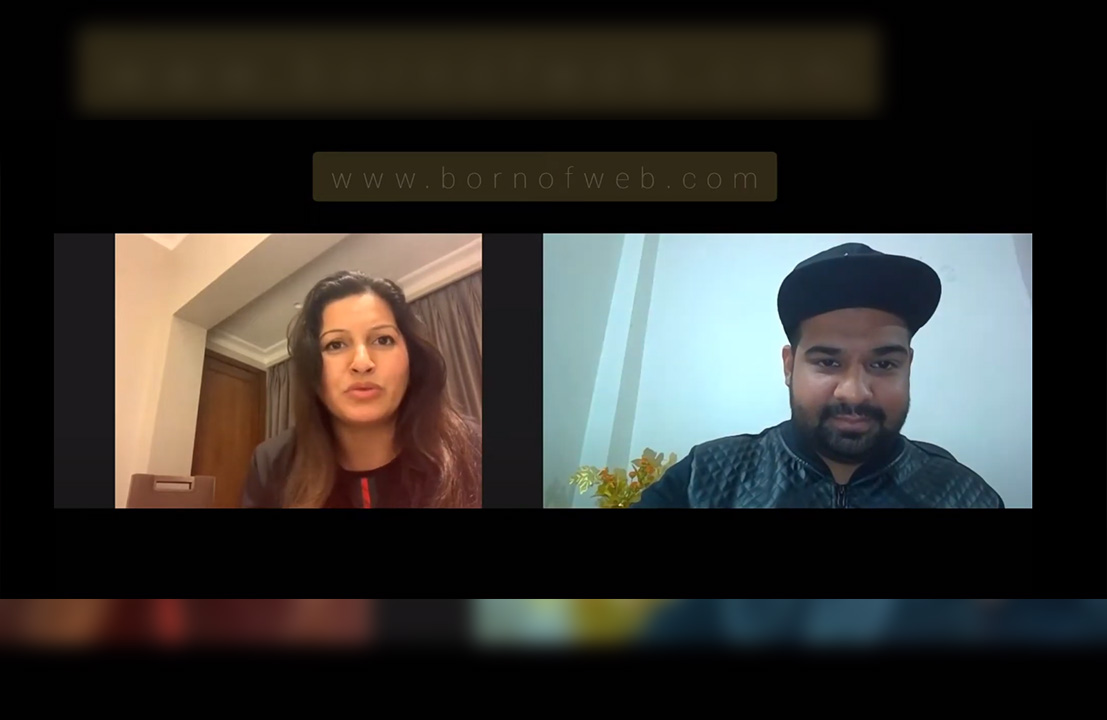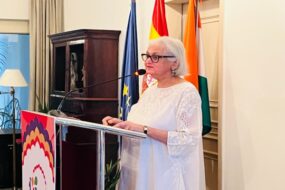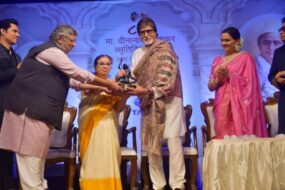
“Instead of banning them, we should release anti-Pakistan films by Indian film-makers in our theatres. It would show what a few people think of Pakistan”
— AAMIR NAWAZ, Lahore-based theatre artiste

An unusual anxiety gripped Kamani Auditorium on Monday evening as Lahore-based theatre group Maas Foundation staged its play Baanjh, as a part of the ongoing Delhi International Arts Festival. Security was beefed up at the entrance as well as inside the auditorium where Delhi policemen were deployed in civil dresses too. The Mass Foundation’s drama was earlier disrupted by Shiva Sena activists in Gurgaon, just three days back.
However, the play was successfully enacted amid tight security. Baanjh is about infertile land in Siachen which has been the bone of contention between India and Pakistan. “Both the countries have sacrificed so much of wealth and life on that glacier. Instead of investing there, both nations must spend that amount on the core problems like poverty and unemployment,” said Aamir Nawaz, president of the Maas Foundation.
Nawaz said the play was earlier disrupted in Gurgaon by some people who were chanting anti-Pakistan slogans. But the audiences themselves intervened immediately and protesters were taken out. “I was surprised that the audience apologised on behalf of those protesters. I think we have managed to strengthen people-to-people contact. We have come with the message that only love can defeat hatred,” he said.
DON’T MISS: After beef, tattoo is hurting religious sentiments!

Nawaz told us that they have been performing in India since 2008. When asked why a few Indian films are banned in Pakistan, he said it is not appropriate to ban any kind of cinema. “There are a few Hindi films which have been banned because they go out of the way to criticise Pakistan. But in my view, anti-Pakistan movies should also be released there so that people could know what a few people in India think of Pakistan. Why should only one side be aired? Both the countries should air all kinds of thoughts floating in these territories in a rational manner. In Pakistan, they say Indians kill our jawans on border. When we come to India and watch TV, we hear Pakistan kill soldiers and civilians on border. But we don’t come to know what the other person is thinking about us while we are sitting home,” he said.












